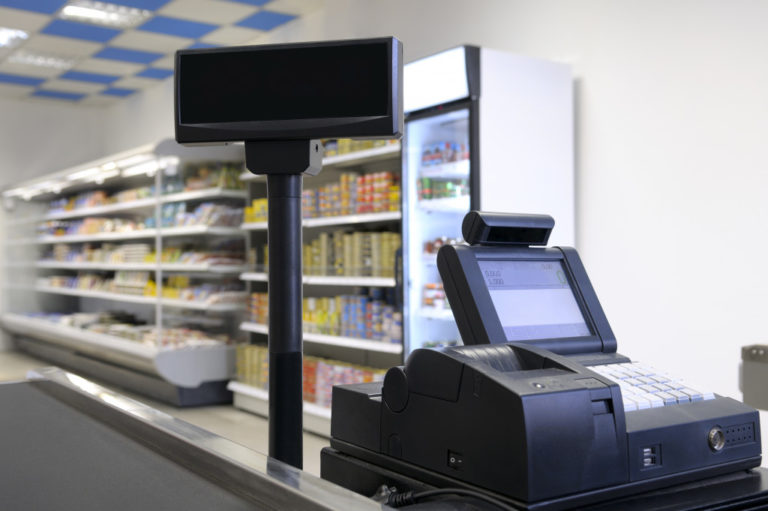- Collect data on production lines to identify areas that need improvement and use it to monitor performance over time.
- Leverage AI and machine learning systems to optimize performance and detect issues quickly.
- Automate your manufacturing processes with advanced robots for increased safety, accuracy, and cost-effectiveness.
- Streamline your equipment to reduce the number of steps needed and increase productivity.
Automating factory processes is essential for businesses that want to stay competitive in today’s market. Automation can help streamline and optimize the entire production process, from start to finish, resulting in increased efficiency, reduced costs, and improved product quality. This blog post will discuss some of the best ways to automate your factory processes for maximum efficiency.
1. Data Collection and Monitoring
The first step towards automating your factory processes is collecting data about your production line. You need to determine which parts of the process are most inefficient or prone to errors. Once you have identified these areas, you can start gathering data on them and use it to develop solutions that will improve their performance. This data can also be used to monitor the performance of your production line over time, so you can quickly identify any new issues that may arise.
Consider the following factors when looking for processes to automate:
a. Quality control
Are there any areas of production where quality control can be improved? This could include ensuring that products are inspected for defects or ensuring accuracy by using automated systems.
b. Material tracking
Tracking the materials entering and leaving your production line can help you ensure that the quality of products is consistent. Automated systems can monitor these processes and ensure you always have the right materials in stock.

c. Inventory management
An accurate inventory of your materials and products can help reduce waste and improve overall efficiency. Some automated systems can track inventory levels in real-time, so you always know what’s in stock and when more materials will be needed.
d. Productivity
Are there any processes that could be automated to improve productivity? Automating scheduling, routing, and tracking tasks can help streamline the production process and increase efficiency.
2. Leverage AI and Machine Learning
Artificial intelligence (AI) and machine learning can be used to optimize the performance of your production line. By leveraging AI-powered systems, you can ensure that every aspect of production is optimized for maximum efficiency. AI and machine learning systems can learn from data and improve their performance over time, so you can get the most out of your production line.
For one, manufacturing intelligence platforms help you monitor and analyze real-time production data. These platforms can detect issues quickly, allowing you to adjust before impacting the production line. Websites like hertzler.com provide various solutions and services to help you leverage AI and machine learning in your factory. They can help you get started on the path to automation and maximize efficiency.
3. Automate Processes with Robots
Robots are a great way to automate complex tasks quickly and efficiently without sacrificing quality or consistency. Robots are ideal for repetitive tasks such as welding or assembly line work because they can operate 24 hours a day without getting tired or making mistakes. They are also more cost-effective than employing many workers since they require less maintenance and training costs than human labor.
Additionally, they offer increased safety benefits since there is no risk of injuries due to human error or fatigue. Many of the leading robotics companies offer custom solutions for any factory process, so you can find a robot that fits your needs. They also provide training and support to ensure you get the most out of your robot.

4. Streamlining Equipment
Finally, streamlining your equipment can lead to increased efficiency and productivity. Consider investing in new machinery better suited to the task at hand. This could mean purchasing a faster and more reliable machine, or investing in automated systems that can reduce the number of steps needed to complete a task. Automating your factory processes is a great way to save time and money, as well as improve the quality of your products.
Automating factory processes is essential for maintaining a competitive edge in today’s market. You can automate your factory processes in several ways, including data collection and monitoring, leveraging AI and machine learning, automating processes with robots, and streamlining equipment. With the right strategy in place, you can increase efficiency, reduce costs, and improve product quality. Take the time to assess which processes can be automated and invest in the right solutions to optimize your production line.

















